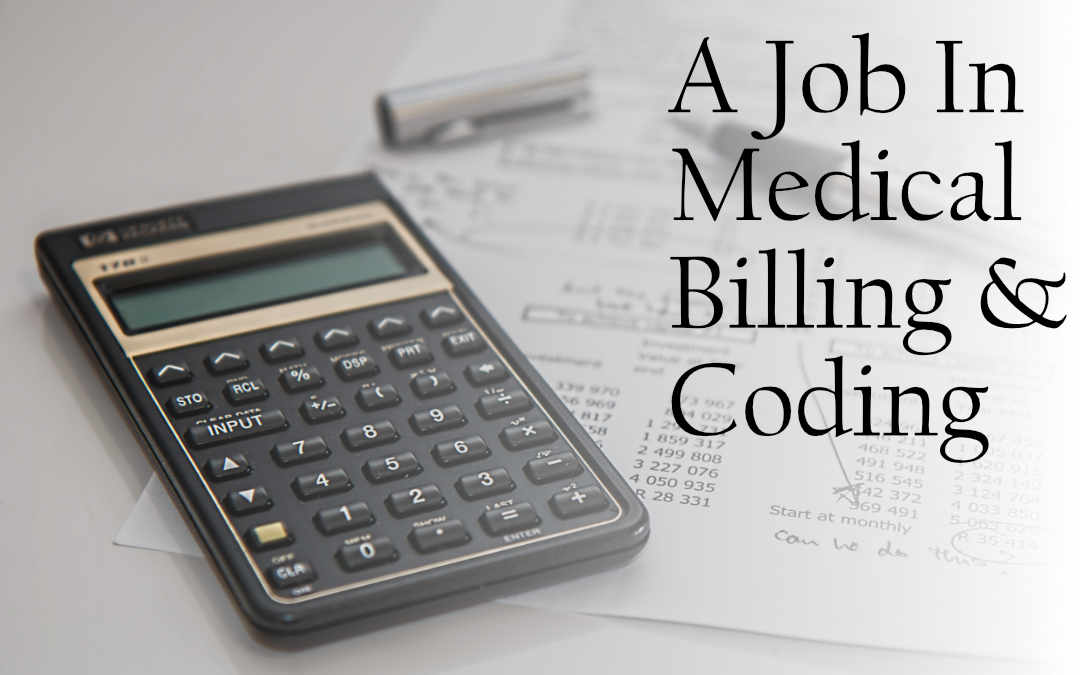Medical Billing & Coding Degree: Overview and Career Guide
A Medical Billing & Coding degree prepares students to translate clinical services into standardized codes used for billing, reimbursement, and health data reporting. This field sits at the intersection of healthcare administration, compliance, and information systems. Programs teach medical terminology, diagnostic and procedure coding systems (such as ICD and CPT), insurance processes, and the legal and ethical framework surrounding patient data. Students often gain hands-on experience with practice management and electronic health record (EHR) software, which supports both on-site work in clinics and remote roles with billing companies or insurers. The degree can be offered as a certificate, associate, or bachelor’s pathway depending on career goals and employer expectations.

This article is for informational purposes only and should not be considered medical advice. Please consult a qualified healthcare professional for personalized guidance and treatment.
What is medical billing?
Medical billing covers the administrative tasks that convert coded clinical documentation into claims submitted to payers. Billing professionals generate and submit invoices, follow payer rules, verify benefits, handle claim denials, and manage patient statements. Strong familiarity with payer regulations, claim formats, and revenue cycle workflows is essential. Practical skills include using billing software, reconciling accounts receivable, and communicating clearly with insurance companies and patients. In many settings, billers work closely with coders and clinical staff to ensure documentation supports billed services and to reduce the frequency of denied or delayed payments.
What is medical coding?
Medical coding involves assigning standardized codes to diagnoses, procedures, and services documented in patient records. Coders use classification systems such as ICD (diagnoses), CPT (procedures), and HCPCS to ensure consistency for billing, public health reporting, and clinical data analytics. Accurate coding requires knowledge of anatomy, medical terminology, clinical documentation best practices, and payer-specific coding guidelines. Coders may specialize in inpatient, outpatient, or physician office settings and often support quality reporting, compliance audits, and clinical research by producing reliable coded data from medical records.
How does this degree apply to healthcare?
A Medical Billing & Coding degree supports the financial and operational backbone of healthcare organizations. Accurate coding and billing affect provider reimbursement, compliance with regulations, and the quality of health data used for planning and research. Graduates help maintain revenue cycles, reduce errors that lead to audits or penalties, and protect patient privacy through proper handling of protected health information. Employers range from physician practices and hospitals to insurance payers and third-party billing services. Some roles combine coding and billing responsibilities, while others focus on specialized functions like coding audits, appeals management, or health information analysis.
What education options are available?
Programs vary by credential: short-term certificate programs typically focus on practical coding and billing tasks and can prepare students for entry-level roles in months. Associate degrees add general education and broader administrative coursework, while bachelor’s degrees can cover management, health information systems, and data analytics for more advanced positions. Look for programs that include hands-on labs, externships, or practicum experiences, plus alignment with industry certification exam content. Accreditation and faculty experience matter; programs that prepare students for recognized certifications often enhance employability. Many accredited colleges and vocational schools also offer online or hybrid delivery to accommodate working students.
What career outcomes can you expect?
Common job titles include medical biller, medical coder, coding auditor, revenue cycle specialist, claims analyst, and health information technician. Work settings include hospitals, physician offices, outpatient clinics, insurance companies, third-party billing firms, and government agencies. Opportunities may exist for remote or part-time work, particularly in billing and certain coding roles. Advancement can come through experience, additional certifications, or further education in health information management, healthcare administration, or data analytics. Employers typically value accuracy, familiarity with coding conventions, problem-solving skills, and the ability to handle confidential information responsibly.
Conclusion
A Medical Billing & Coding degree provides practical training for roles that support healthcare finance, compliance, and data integrity. Whether pursued as a certificate, associate, or bachelor’s level program, it combines technical coding knowledge, administrative processes, and software skills that are relevant across many healthcare settings. Prospective students should evaluate program accreditation, hands-on learning opportunities, alignment with certification exams, and the mix of billing and coding content to match their career goals.






